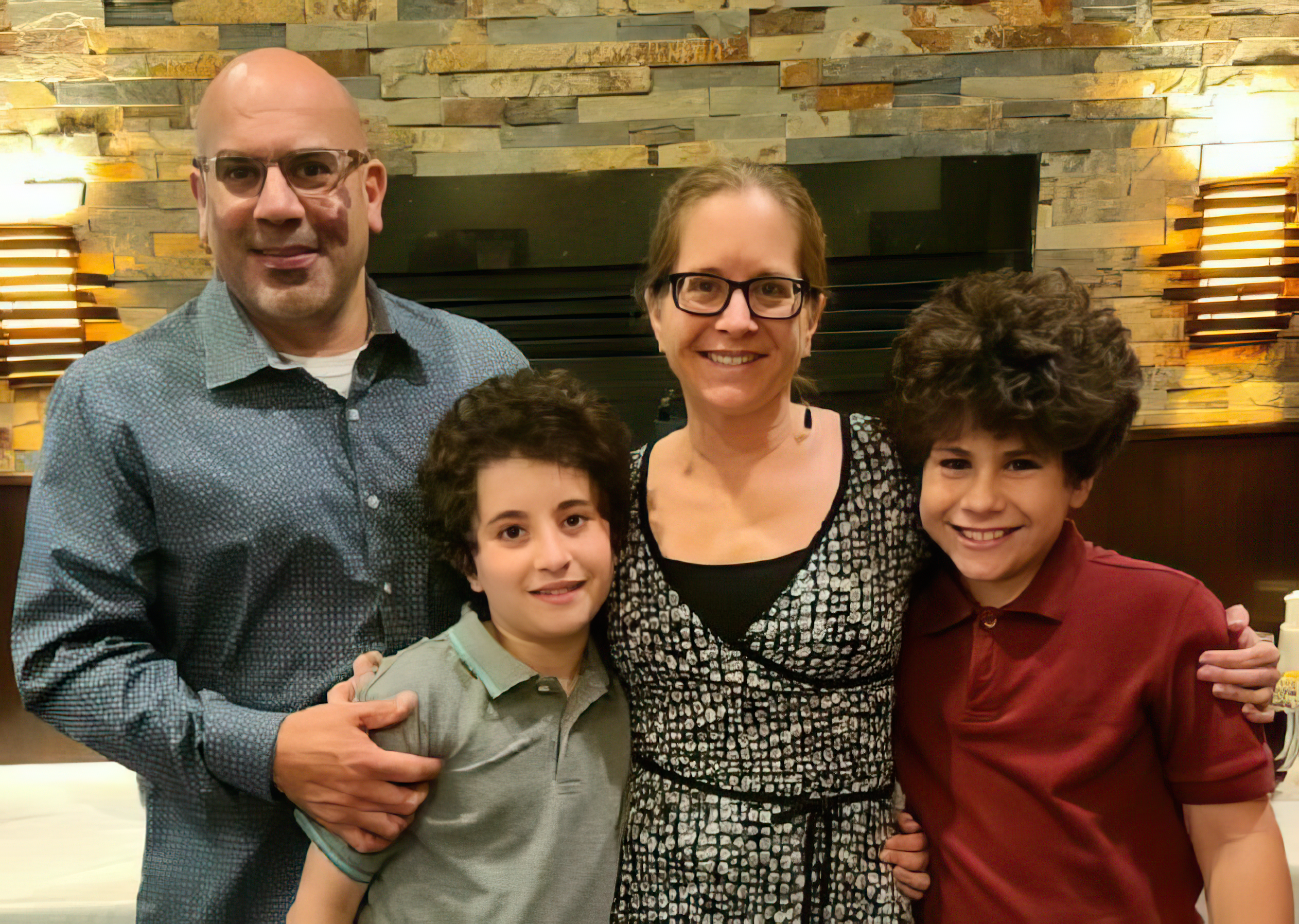The Aplastic Anemia & MDS International Foundation is the world's leading nonprofit health organization dedicated to supporting patients and families living with aplastic anemia, myelodysplastic syndrome (MDS), paroxysmal nocturnal hemoglobinuria (PNH), and related bone marrow failure diseases. The Foundation provides answers, support, and hope to thousands of patients and their families around the world.
We are a patient-focused, patient-centered organization, serving patients and families throughout the three phases of bone marrow failure diseases:
- the life changing phase of diagnosis
- the life threatening phase of treatment
- the life long phase of living with a chronic disease



